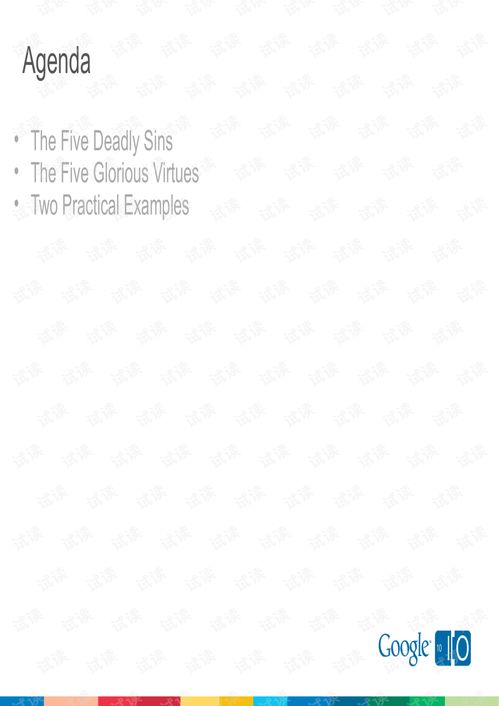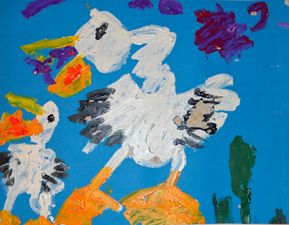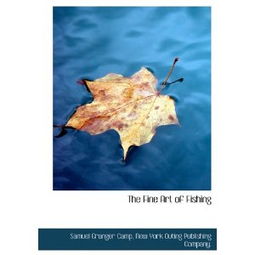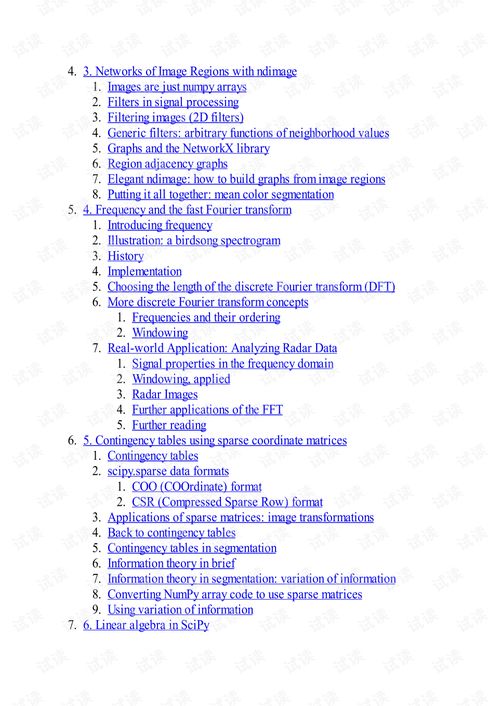Content:
Fishing is a popular outdoor activity that offers relaxation, enjoyment, and the thrill of catching fish. However, for beginners, the world of fishing can seem overwhelming. In this article, we will provide you with essential tips and techniques to help you get started in the world of fishing. Whether you are planning to fish in a local pond, a river, or the ocean, these guidelines will help you master the art of fishing and make your experience more enjoyable.
Choose the Right Equipment

The first step in becoming a skilled angler is to invest in the right equipment. Here are some essential items you will need:
- Rod and reel: Choose a rod and reel that are appropriate for the type of fishing you plan to do. For beginners, a spinning rod and reel are a good choice.
- Line: Use a monofilament line that is strong enough to handle the fish you are targeting. A line between 6 to 12 pounds is suitable for most freshwater fishing.
- Lures and baits: Depending on the fish you want to catch, you will need different lures and baits. For beginners, start with simple lures like worms, spinners, and jigs.
- Tackle box: Keep your fishing essentials organized in a tackle box, including hooks, sinkers, swivels, and leaders.
Learn the Basics of Casting
Casting is the process of throwing your lure or bait into the water. Here are some tips to help you improve your casting technique:
- Practice casting in an open area to avoid hitting obstacles.
- Hold the rod with a comfortable grip and position your feet shoulder-width apart.
- Use a smooth, controlled motion to cast the line.
- Adjust your casting technique based on the wind and distance.
Master the Art of Baiting
Once you have cast your bait or lure, it's time to learn how to present it to the fish. Here are some techniques to help you do so:
- Let your bait or lure sink to the desired depth before starting to retrieve it.
- Vary your retrieve speed and technique to mimic the natural movement of the fish's prey.
- Use a variety of presentations, such as twitching, jerking, or letting the bait fall naturally.
Learn to Read the Water
Understanding the behavior of fish and the underwater environment is crucial for successful fishing. Here are some tips to help you read the water:
- Observe the surface of the water for signs of fish activity, such as splashes or boils.
- Look for submerged structures, such as rocks, logs, or vegetation, which can be ideal habitats for fish.
- Pay attention to the water's flow and depth, as these factors can affect fish behavior.
Patience is Key
Fishing requires patience and persistence. Here are some tips to help you stay focused and patient:
- Set realistic expectations for your fishing trip. Remember that it may take time to catch fish.
- Take breaks to relax and enjoy the experience. Remember, fishing is about the journey, not just the destination.
- Be prepared for the possibility of a slow day. Keep your spirits up and stay positive.
Stay Safe
Safety should always be a priority when fishing. Here are some tips to help you stay safe:
- Check the weather forecast before heading out and dress appropriately for the conditions.
- Wear a life jacket if you are fishing from a boat or in deep water.
- Be aware of your surroundings and avoid dangerous areas, such as swift currents or rocky terrain.
In conclusion, fishing is a rewarding activity that can be enjoyed by beginners and experienced anglers alike. By following these tips and techniques, you will be well on your way to becoming a skilled angler. Remember to practice, stay patient, and most importantly, have fun!












